We are committed to resident engagement and working collaboratively with you to improve and develop services

Interested in joining one of our networks?
Your involvement matters
- There are different opportunities for you to get involved and influence decisions across Housing 21 on a national level.
- Find out more about the range of Resident Engagement Groups and opportunities.
- Your local manager may be able to advise you about how, where and when you can get involved as well.
If you have any questions you can also contact the Engagement Team who would be happy to help. Email us!

Our Board
At the highest level our Resident Board Members are involved in approving strategies and decisions.
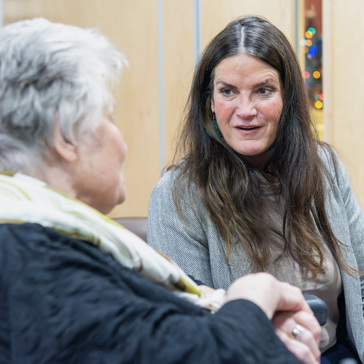
Forums
By joining our Extra Care or Retirement Living Forum you will act as a representative for residents and hold Housing 21 to account.

Complaints Panel
This panel scrutinises our stage two complaints responses and other aspects of the complaints process.
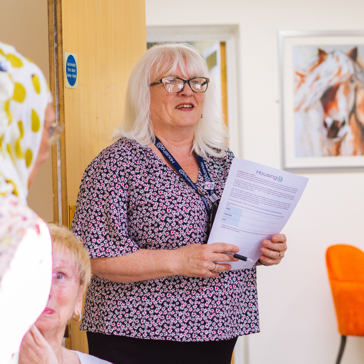
Recruitment Panel
Get involved with the recruitment of Housing 21's resident-facing and senior manager roles through this recruitment panel.

Digital Inclusivity
This group invites you to join in discussions about digital inclusion.

Service Charge Network
The purpose of this network is to support Housing 21 to make its Service Charge process easier to understand for residents.
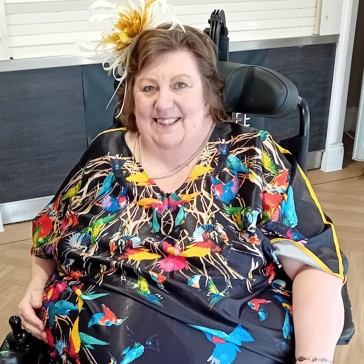
Disability Forum
Committed to promoting equality for our residents, the Disability Forum provides an inclusive space for people with disabilities.

Environmental Awareness Group
This group focuses on Housing 21’s impact on the environment and potential green approaches.

REACH Forum
The REACH Forum (Race, Equality and Cultural Heritage) provides an inclusive space for residents.
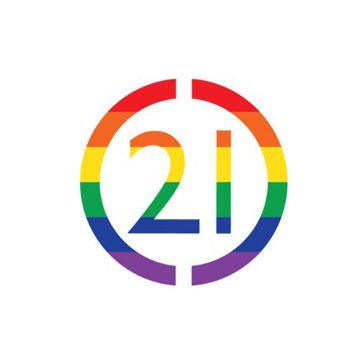
LGBT+@Housing 21
The LGBT+ @ Housing 21 group provides a safe, inclusive space for LGBT+ residents.
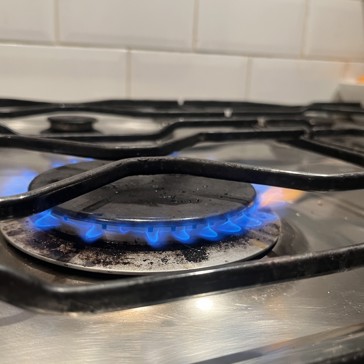
Health and Safety Network
Influence decisions about Health and Safety at Housing 21

New Forums
Do you have an idea for a resident forum? We want to hear from you.

Influencing decisions locally
There are many ways you can get involved and become an influencer locally at your scheme.
